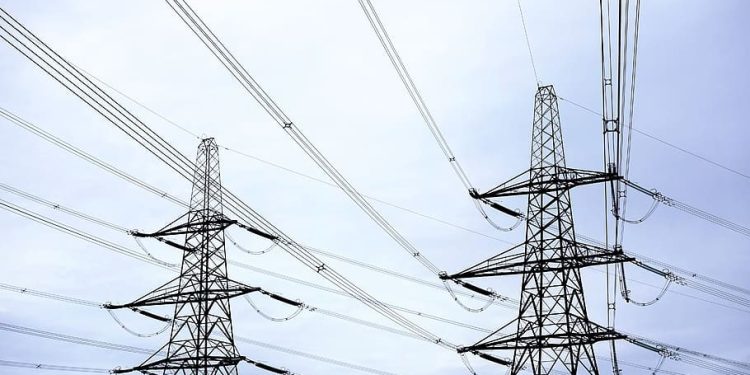Operators and experts in Nigeria’s power sector have raised both concerns and optimism as states begin assuming regulatory control over their respective electricity markets, in line with the provisions of the Electricity Act 2023.
According to the Nigerian Electricity Regulatory Commission (NERC), seven states—Enugu, Ondo, Ekiti, Imo, Oyo, Edo, and Kogi—have officially taken over the regulation of their electricity sectors. The Commission also disclosed that Lagos, Ogun, Niger, and Plateau are expected to complete their transitions between June and September, while Anambra has passed its electricity law and is preparing to join the list of states exercising regulatory autonomy.
This shift follows the enactment of the Electricity Act 2023, which President Bola Tinubu signed into law to decentralize the country’s power sector. Prior to the Act, only the Federal Government, through NERC, had the authority to regulate the electricity industry across the country.
Under the new framework, states are empowered to generate, transmit, and distribute power independently within their territories. While stakeholders acknowledge potential benefits—such as improved efficiency, localised decision-making, and private sector participation—experts warn that challenges including technical capacity, regulatory duplication, and infrastructural gaps must be addressed to ensure seamless implementation.
The development marks a historic step in Nigeria’s energy reform journey, with opportunities for innovation and investment at the sub-national level.















